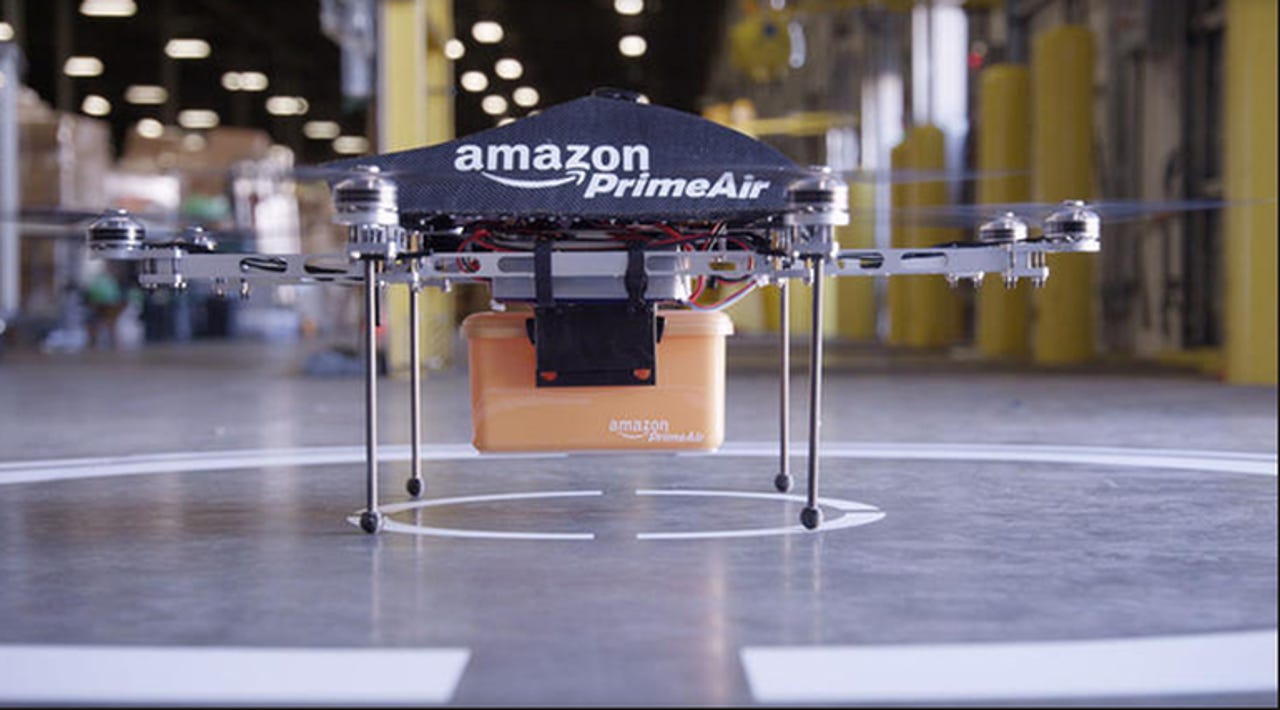FAA relaxes attitude to drone development


The US FAA is expected to lessen its resistance to the development and use of commercial drones.
The US Federal Aviation Administration is expected to announce new initiatives on Wednesday which will allow technology companies to propel drone development forward. According to the Wall Street Journal, the federal agency will soon permit firms to research drone flights and capacities "beyond the sight of the operator."
While the change in the rules does not sound particularly impressive, current FAA rules virtually ban these types of flights, which are necessary to drone development. Currently, companies such as Amazon and Google are limited to indoor tests and short flights in which the operator must be able to view their unmanned aerial vehicle (UAV) at all times.
In addition, the FAA proposed rules earlier this year which would prohibit extended flights.
Why the FAA has backtracked on its stance in relation to drones is not yet known, but for tech giants, the expected change can only be a positive force. When Amazon's Prime Air drone delivery service was first announced, many considered it a joke. However, the research project is now underway in both the US and UK, with the overall aim of using UAVs to deliver products purchased on Amazon by consumers.
Featured
Google is also testing the possibilities of UAVs in commercial deliveries. Project Wing, emerging from the Google X lab, is the tech giant's entry into drone development. The company's UAVs are expected to eventually take over deliveries made through Google Shopping Express.
At a conference on Tuesday, Google's head of the drone delivery project told attendees:
"Three to four months ago, we were a little bit concerned about how much progress we could make here in the US, but [..] what we're seeing today is significant opportunity to work here in the US with the FAA."
However, any changes to current rules will not be immediate. It is not expected that beyond-sight flights will be permitted this year, as changes would require a period for public comment -- which could further delay alterations to current guidelines.
Read on: Meet the robot bartenders serving on smart ships
In the world of innovation
- NASA, ODG explore smart glasses for space
- Samsung hopes to secure top spot in Internet of Things revolution
- FAA to impose restrictions on commercial drone use
- "="" rel="follow">Pentagon to sharpen tech edge with robotics, 3D printing, weaponry
- Waze unveils government data exchange program
- Google readies Android for the connected car